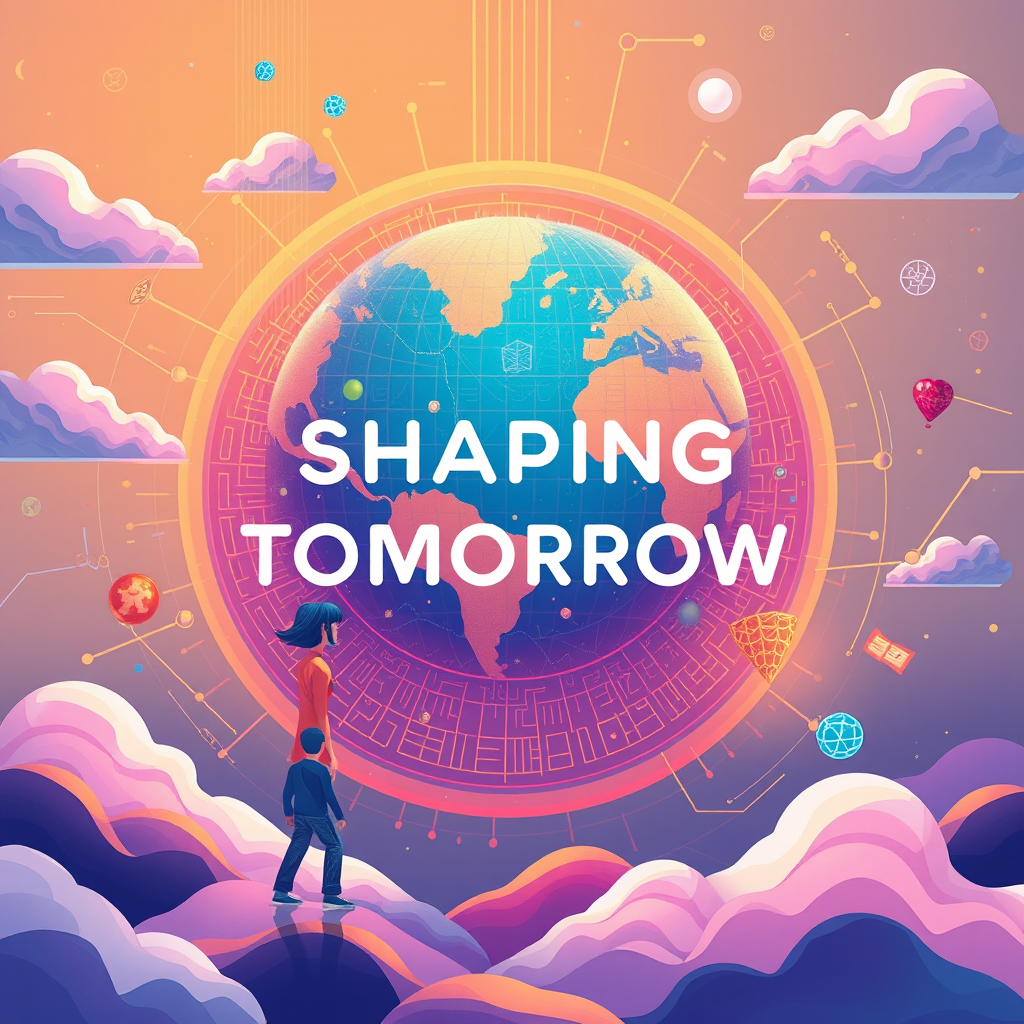Introduction: The TikTok Conundrum
In the sprawling digital landscape of social media, few platforms have generated as much excitement—and controversy—as TikTok. With its catchy dances, viral challenges, and a community that thrives on creativity, the app has captured the hearts of millions worldwide. However, recent developments surrounding a potential ban on TikTok have left users, influencers, and stakeholders grappling with uncertainty. What does this mean for its users, the vast ecosystem of content creators, and the future of social media as we know it? Let’s delve into the implications of this seismic shift.
The Rise of TikTok: A Cultural Phenomenon
TikTok burst onto the scene in 2016, quickly evolving from a platform for lip-syncing videos to a global hub for self-expression. Its algorithm, which feeds users a personalized stream of content based on their preferences, has revolutionized how people consume media. By 2023, TikTok boasted over 1 billion active users, making it one of the leading social media platforms worldwide. It became a digital playground where teenagers could showcase their talents, businesses could market their products, and movements could spark global conversations.
The Power of Influencers
The rise of TikTok influencers has redefined the marketing landscape. Brands flock to these digital creators, eager to tap into their authentic connections with audiences. In 2022 alone, TikTok influencers generated over $4 billion in ad revenue, showcasing the platform's power in shaping consumer behavior. Influencers like Charli D'Amelio and Addison Rae became household names, leveraging their digital fame to launch careers in music, fashion, and beyond.
The Ban: What Happened?
In recent months, concerns regarding data privacy and national security have prompted legislators in several countries, including the United States and India, to propose bans on TikTok. The app, owned by Chinese company ByteDance, has faced scrutiny over its data collection practices and the potential misuse of user information. In light of these concerns, countries have been grappling with how to address the risks while balancing the demands of their citizens who revel in the platform.
Recent Developments
As of late 2023, the U.S. government has intensified its focus on TikTok, citing national security threats. The potential ban has sparked heated discussions among lawmakers, tech experts, and users. According to a recent poll, nearly 70% of American TikTok users expressed concerns about losing their favorite platform, highlighting the emotional investment many have in the app.
Implications for Users
emotional impact
For many users, TikTok is more than just an app; it's a community where they find camaraderie, creativity, and even a sense of identity. The thought of losing this platform has elicited a range of emotions, from fear to frustration. Users have created hashtags like #SaveTikTok to express their discontent and rally support among fellow fans.
Loss of Creative Outlet
In addition to the emotional toll, a potential ban poses a serious threat to the creative opportunities TikTok provides. Many aspiring artists, dancers, and comedians have used the platform as a stepping stone to launch their careers. A ban would not only stifle their creativity but also eliminate a platform that has democratized fame and success.
The Future of Social Media
Shifting Dynamics
The potential ban of TikTok could usher in a new era for social media, prompting users to migrate to alternative platforms. Apps like Instagram and YouTube may see an influx of users seeking new avenues for self-expression and connection. This shift could also ignite fierce competition among platforms as they scramble to capture TikTok's audience.
Emerging Alternatives
With TikTok's future hanging in the balance, alternative platforms are already adapting to fill the void. Instagram has introduced Reels, while YouTube has rolled out Shorts, both designed to compete with TikTok's quick, engaging content format. These adaptations may lead to a more fragmented social media landscape, where users experiment with multiple platforms to find their preferred space.
The Role of Regulation
As governments consider the implications of banning TikTok, the broader conversation about data privacy and regulation will gain importance. Users are becoming increasingly aware of how their data is used, leading to a demand for transparency and ethical practices across all social media platforms.
Conclusion: The Digital Future Awaits
The potential ban on TikTok has opened a Pandora's box of questions about user rights, data privacy, and the future of social media. As we navigate this uncertain terrain, one thing remains clear: the digital landscape is in a constant state of evolution. The community that has flourished on TikTok, with its unique blend of creativity and connection, will not easily disappear. While the future may be uncertain, it is also ripe with possibilities for new platforms, creative outlets, and perhaps a more profound collective awareness about the role of technology in our lives.
As users and creators brace for change, they must adapt and find new ways to express themselves and connect with others. In the face of adversity, the resilient spirit of creativity and community will undoubtedly shine through, marking the next chapter in the ever-evolving narrative of social media.


 Understanding the TikTok Ban: Impacts and What You Need to Know
Understanding the TikTok Ban: Impacts and What You Need to Know
 Shaping Tomorrow: Exploring the Transformative Power of AI's Future
Shaping Tomorrow: Exploring the Transformative Power of AI's Future
 Exploring Pat Fallon: Insights from a Creative Visionary
Exploring Pat Fallon: Insights from a Creative Visionary
 Unprecedented Beauty: How Snow in Florida is Transforming the Sunshine State
Unprecedented Beauty: How Snow in Florida is Transforming the Sunshine State
 Lay’s Potato Chips Recall: What You Need to Know and How It Affects You
Lay’s Potato Chips Recall: What You Need to Know and How It Affects You